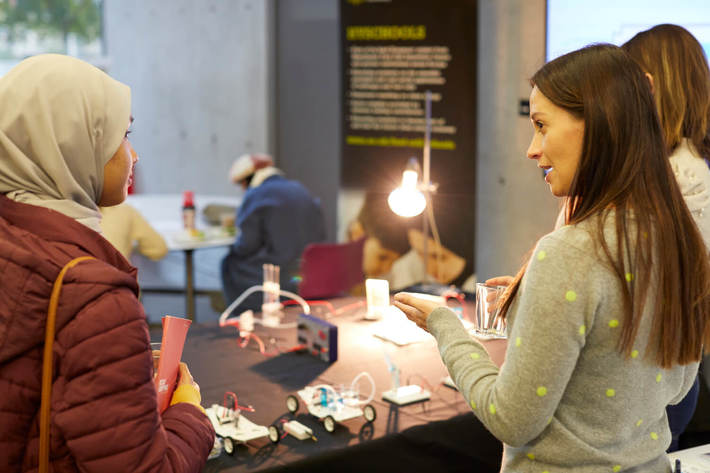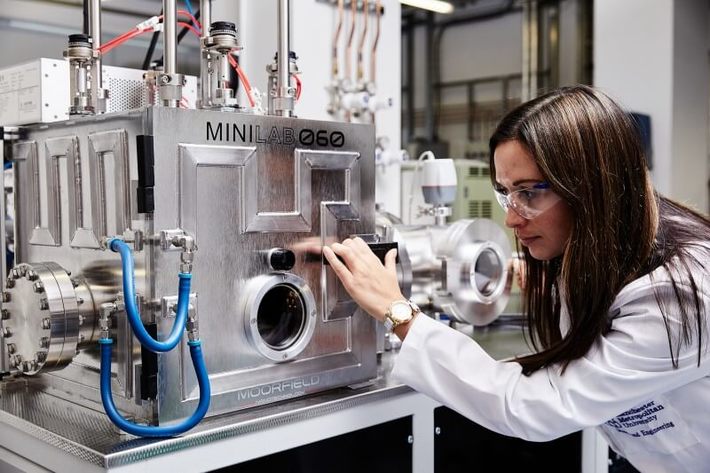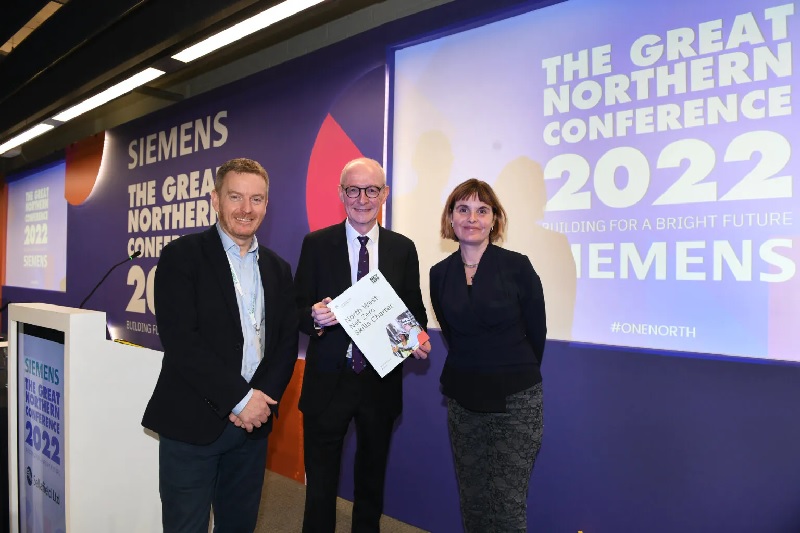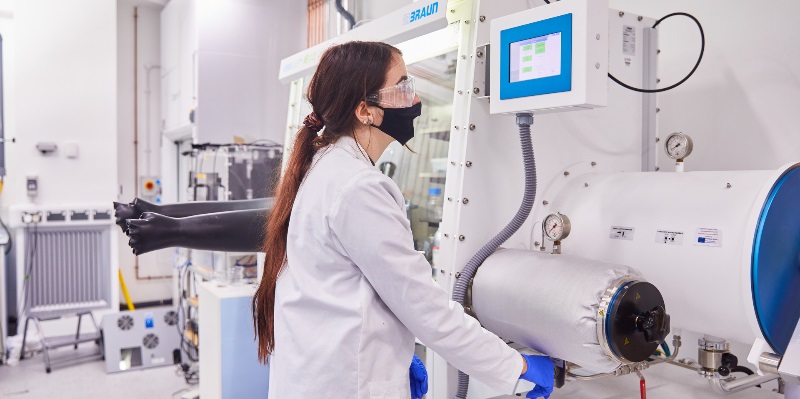News | Friday, 15th November 2019
Cities 2050: What impact will climate change have on how our cities look in 2050?
Academics discuss the future of urban life at Cities 2050 event, with a specific focus on climate change

What does the future of our cities look like? That was the big question at Cities 2050, one of the many events that made up the Economic and Social Research Council (ESRC) Festival of Social Sciences, which took place last week.
It is predicted that by 2050, at least 70% of the world’s population will be living in cities and urban areas. Academics from various Faculties discussed some of the challenges that come with this prediction; from how society will need to adapt to accommodate an ageing population, to how such densely populated areas can easily become disease hotspots.
The topic of climate change also dominated the event. Academics discussed how strategies already in motion might shape the future of the cities we live in.
A carbon zero city
Science and Engineering academics were present to discuss the effects climate change is likely to have on our cities, and more specifically what action is needed to meet carbon neutral targets.
According to the Manchester Climate Change Board, the future of Manchester is carbon neutral, with a commitment to decarbonise the City by 2038.
Researchers from the University have already pledged their support and Manchester Fuel Cell Innovation Centre is leading the way in sourcing sustainable fuel through science and technology.
Dr Justyna Kulczyk-Malecka, Post-doctoral Research Associate at the Centre, said: “Science can make a real contribution to cities in 2050. What science can contribute is a solution to poor air quality, and that solution is a simple atom called hydrogen.”
It has been estimated that in 70 years’ time, our gas and coal reserves will be entirely depleted, with that in mind, the landscape of our cities is likely to be very different, and hopefully much cleaner.
Justyna added: “In our research, we investigate the use of hydrogen as an alternative energy source without compromising on sustainability. 75% of the Universe consists of hydrogen, and combining hydrogen with oxygen allows the generation of electricity in a single-step chemical process, with only one by-product – clean water.”
Manchester Hydrogen Fuel Cell Innovation Centre is a £4m hub, bringing together the latest technology, world-leading academics, and industry professionals to create new, clean electrolysers and fuel cells, to create a practical and sustainable renewable energy source to fuel everything from vehicles to buildings.
However, becoming a carbon neutral city is not just as simple as introducing hydrogen as an alternative fuel source. This was highlighted by Science Communications Specialists, Dr Sam Illingworth, who discussed the need for cities to decarbonise and also the challenges society faces to achieve these goals. He asked: “What does it mean to be a carbon zero city?”
In answer to the question, Sam brought along Carbon Zero City, a deck building card game that gets players thinking about decarbonisation and developing plans for a sustainable future themselves, in their very own city. Those who attended Cities 2050 were given the opportunity to play the game first-hand and see how they would approach the issue themselves.
Sam said: “I have been working on a fun way to communicate what it means to be a zero-carbon city alongside my colleague Dr Paul Wake, from Arts and Humanities.
“Playing the game allows you to explore the opportunities and twists that cities will have to address as they seek to cut out their carbon emissions, giving them a better understanding of the very real challenges cities like Manchester are currently facing and will face in the future.”







